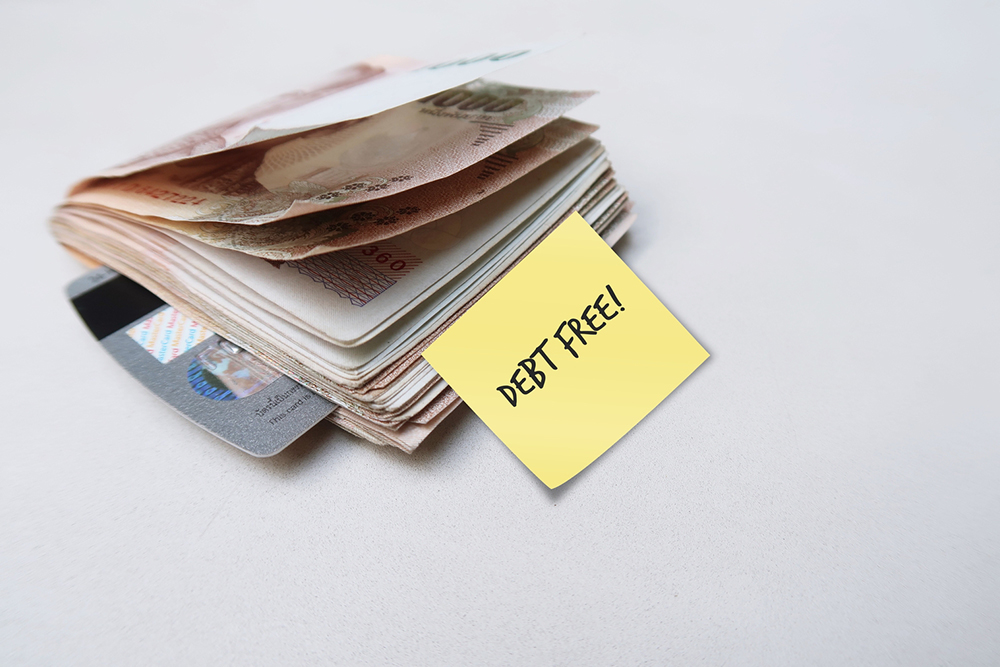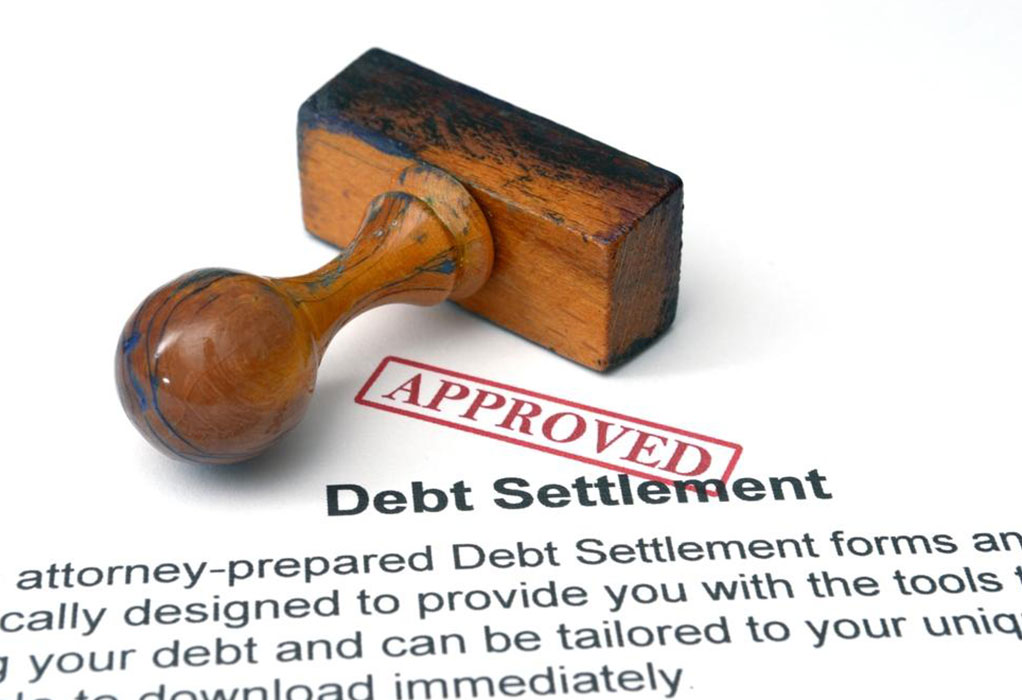Effective Strategies for Managing and Reducing Debt
Discover practical and proven strategies to effectively manage and reduce debt. This article offers tips on assessing your total debt, cutting expenses, increasing income, exploring consolidation options, and seeking professional advice. Implementing these methods can help regain financial stability and achieve debt-free goals efficiently.

Smart Approaches to Managing Debt
Many individuals incur debt for various reasons, including purchasing essential assets, medical emergencies, or higher education expenses. If not monitored and repaid responsibly, debt can become overwhelming, affecting financial stability. Missing payments can also harm credit scores, limiting future borrowing options. Therefore, creating a clear repayment plan and staying organized is crucial for financial health.
1. Determine Your Total Debt
Start by listing all existing debts such as credit cards, personal loans, and other liabilities. Include outstanding balances, interest rates, and due dates. Prioritize debts based on interest and repayment urgency to formulate a strategic repayment plan. Maintaining an updated record helps in tracking progress and avoiding late fees.
2. Analyze and Cut Expenses
Review your monthly spending habits, including utilities, shopping, transportation, and dining out. Look for areas to reduce expenses, like opting for cost-effective products, preparing meals at home, or canceling unused subscriptions. Small adjustments can accumulate significant savings to direct toward debt repayment.
3. Establish a Consistent Repayment Schedule
Set a realistic budget for debt payments and stick to it diligently. A disciplined repayment approach prevents your debt from escalating, ensuring manageable monthly obligations. Consistency is key to reducing debt systematically over time.
4. Boost Your Income
Increasing earnings through side jobs, freelancing, or selling unused belongings can accelerate debt payoff. Consider offering services like pet sitting, tutoring, or selling items on online marketplaces. Extra income provides additional funds to reduce debt faster.
5. Consider Debt Consolidation
Combining multiple debts into a single loan with a lower interest rate simplifies payments and may reduce overall costs. However, be cautious of potential fees and higher interest rates associated with consolidation loans, and assess if this approach suits your financial situation.
6. Utilize Balance Transfer Offers
If eligible, transfer high-interest credit card balances to a card offering a 0% introductory APR. This can save money during the interest-free period, but ensure you pay off the transferred amount before the promotional rate expires. Be aware of balance transfer fees that may apply.
7. Seek Professional Debt Counseling
Non-profit credit counseling services can provide personalized strategies, negotiate with creditors, and help develop a feasible repayment plan. These services often offer free or sliding-scale fees, making them accessible resources for debt management.
8. Address Collections Promptly
Debts sent to collections impact your credit score further. Focus on paying off these accounts first to mitigate damage. Communicating with collection agencies and settling overdue balances can improve your credit profile.
9. Set Achievable Goals & Stay Accountable
Break down your repayment journey into smaller milestones, such as paying off a specific debt within a set period. Allocating extra funds regularly and tracking progress can boost motivation and ensure steady improvement toward financial stability.










